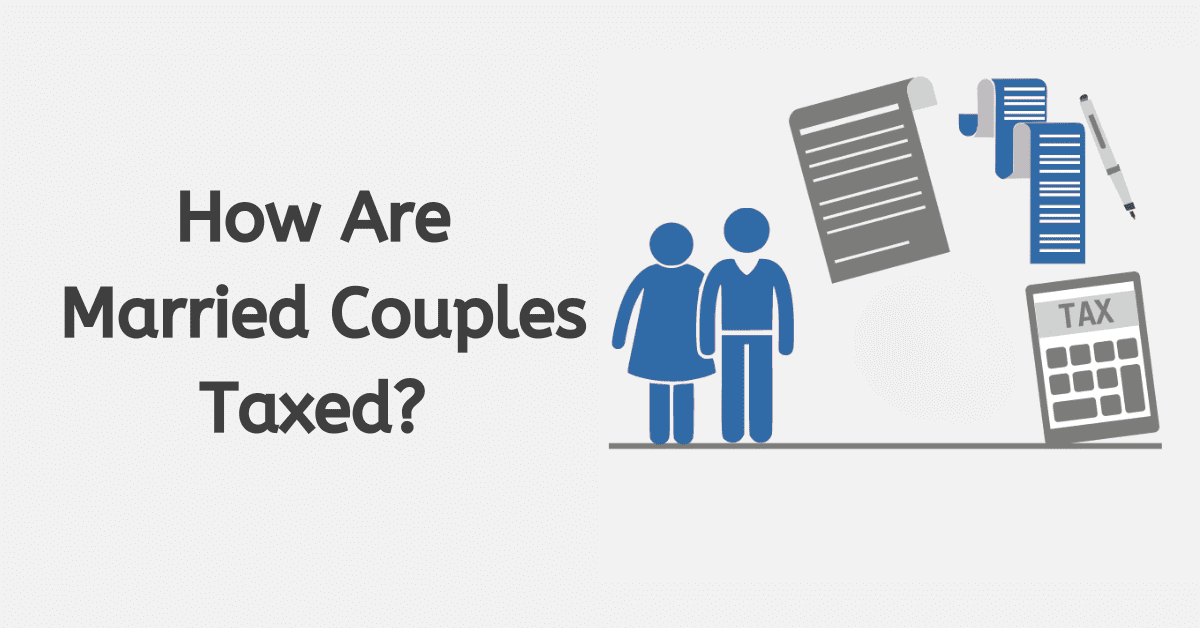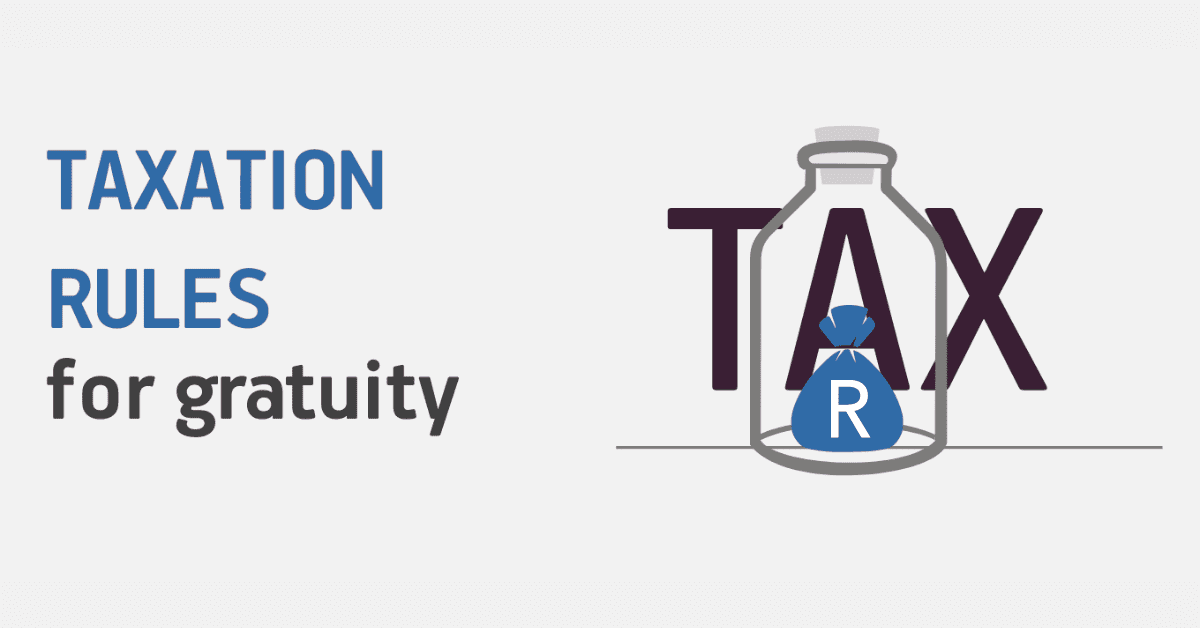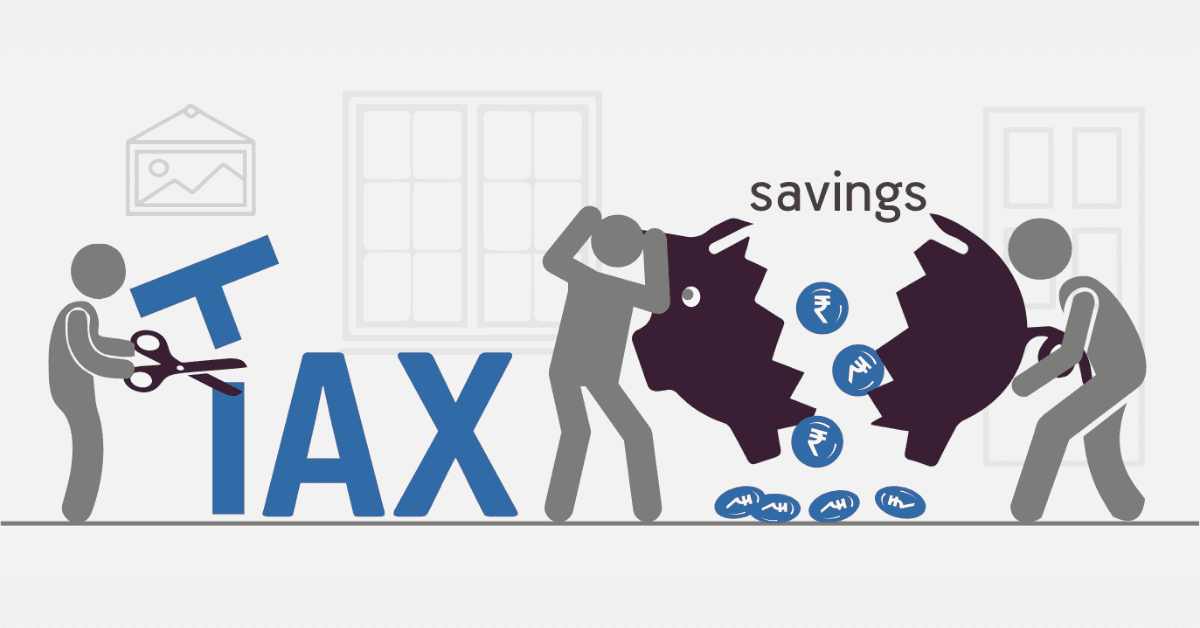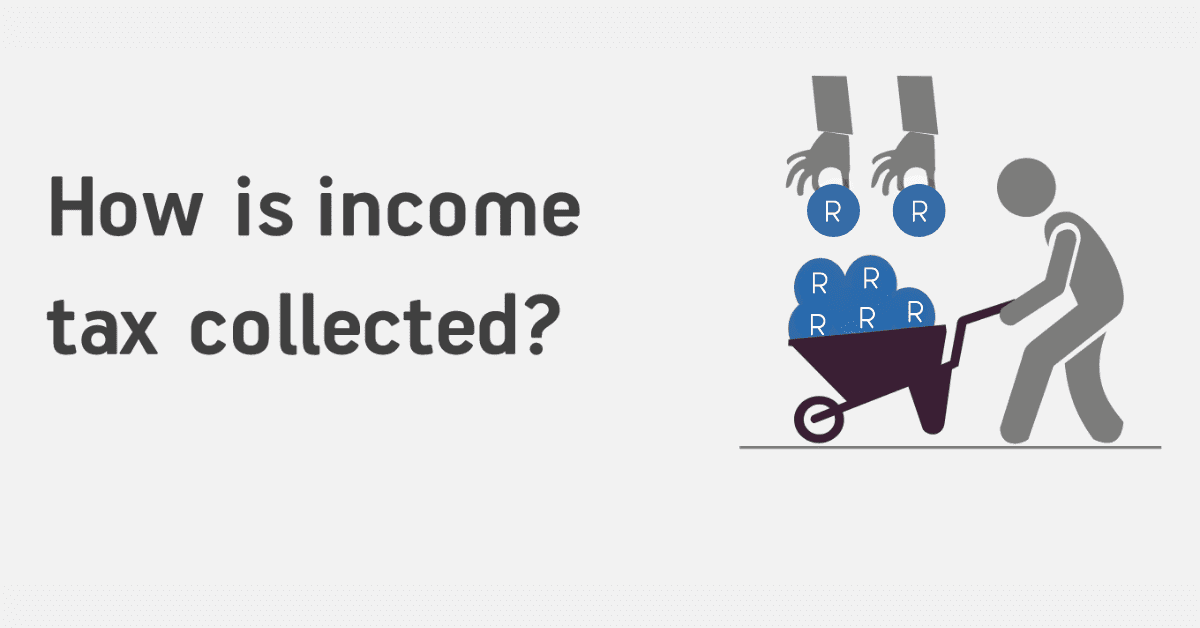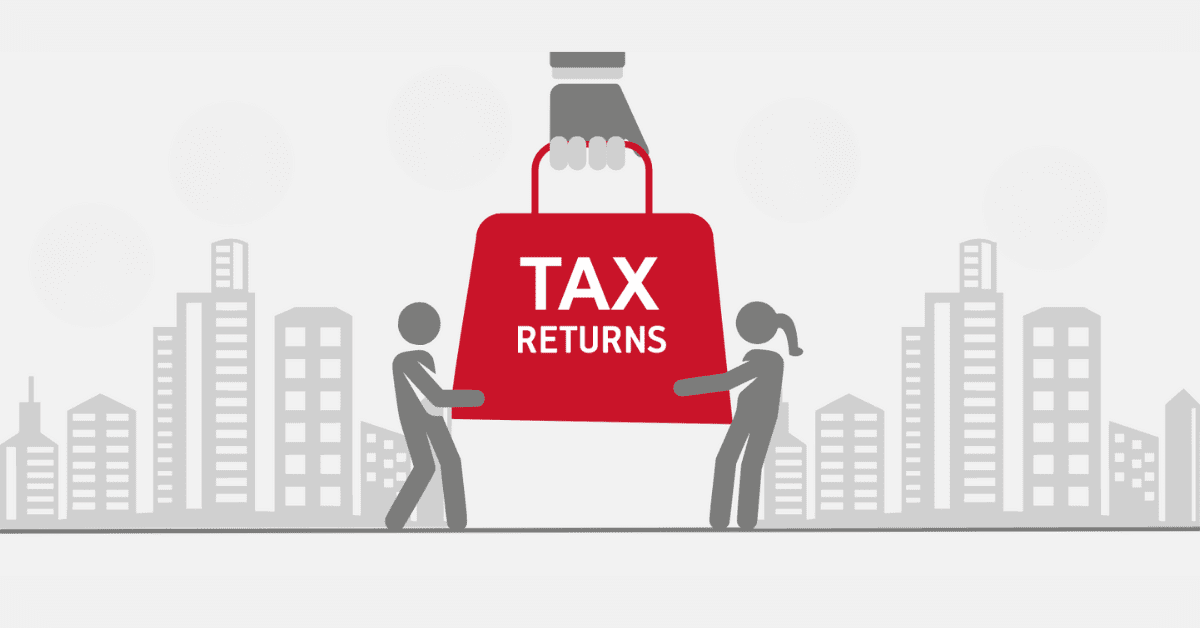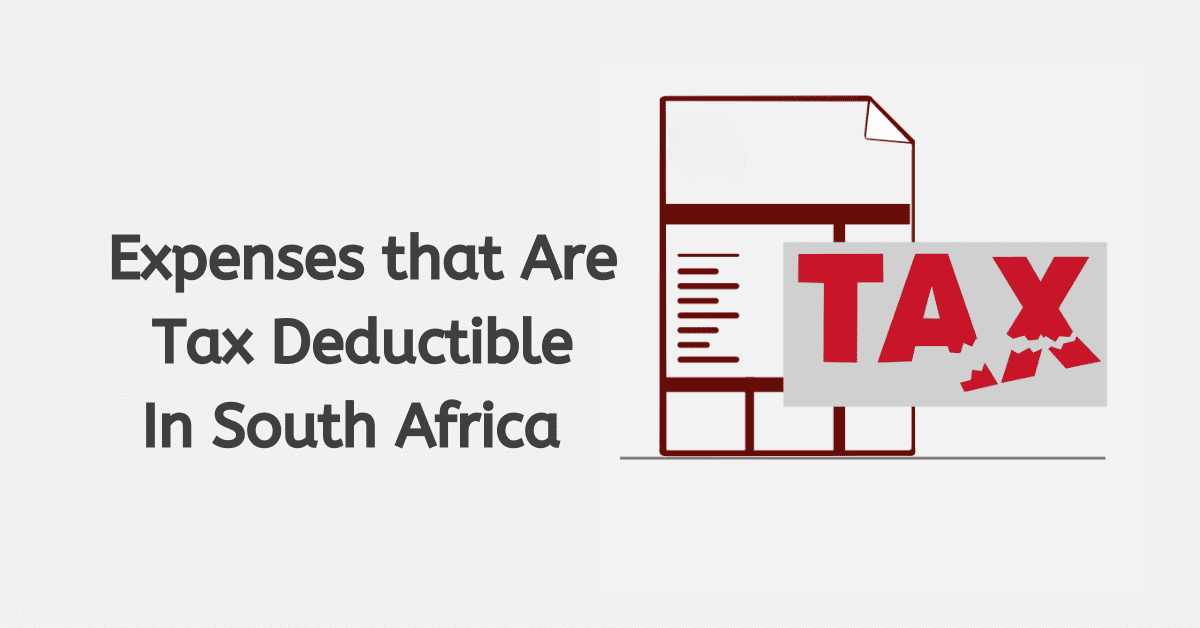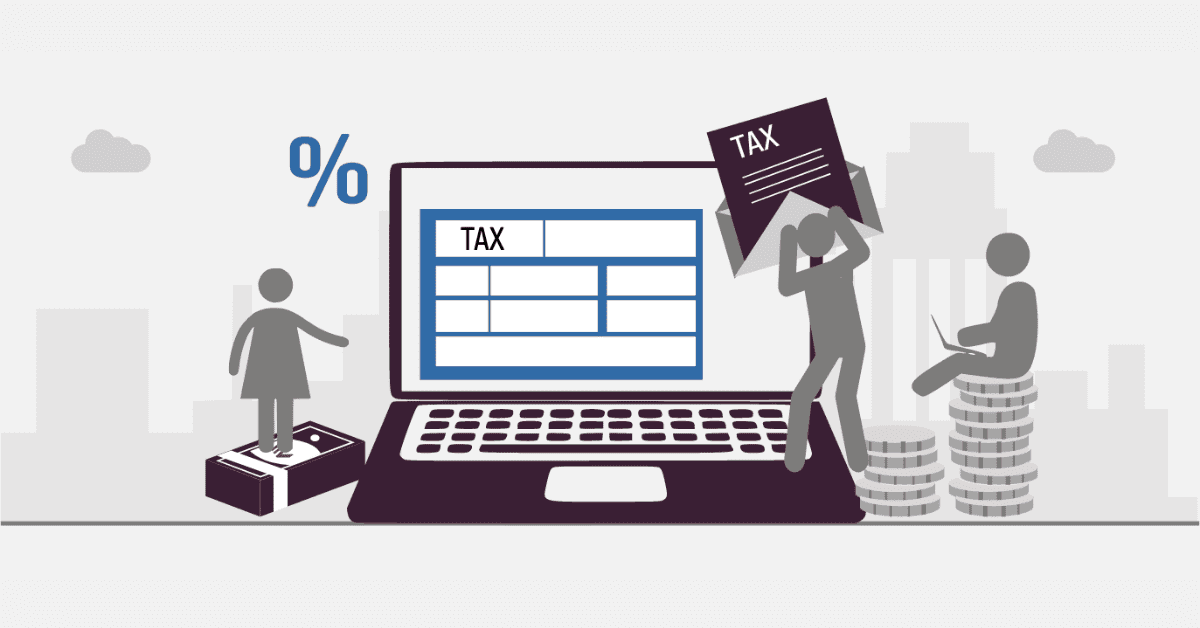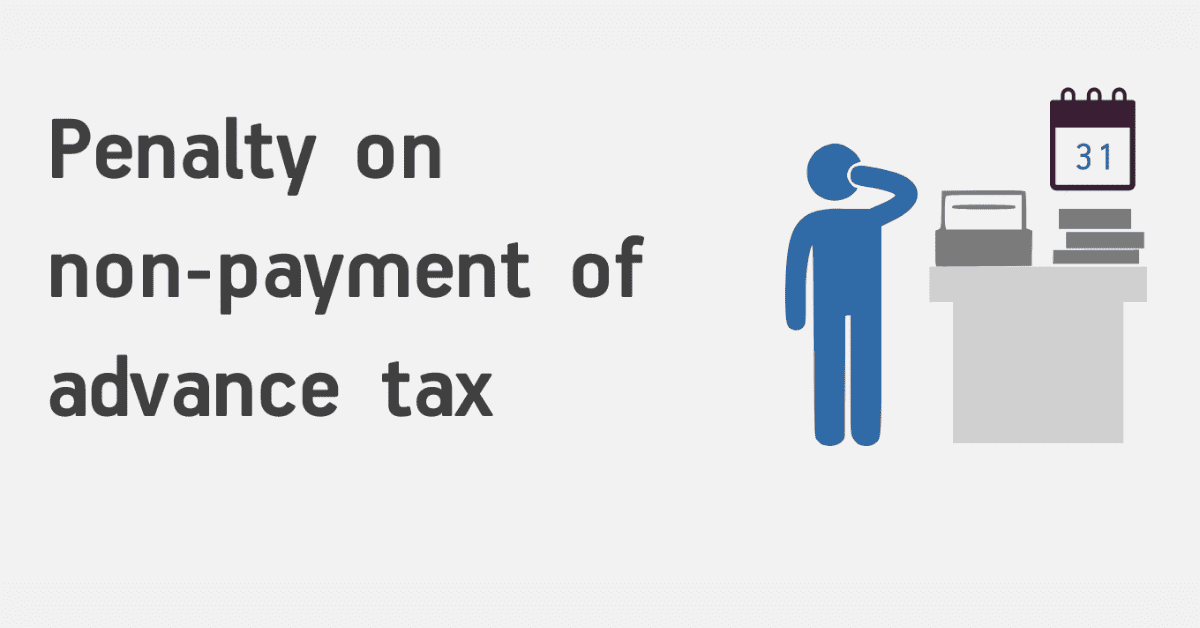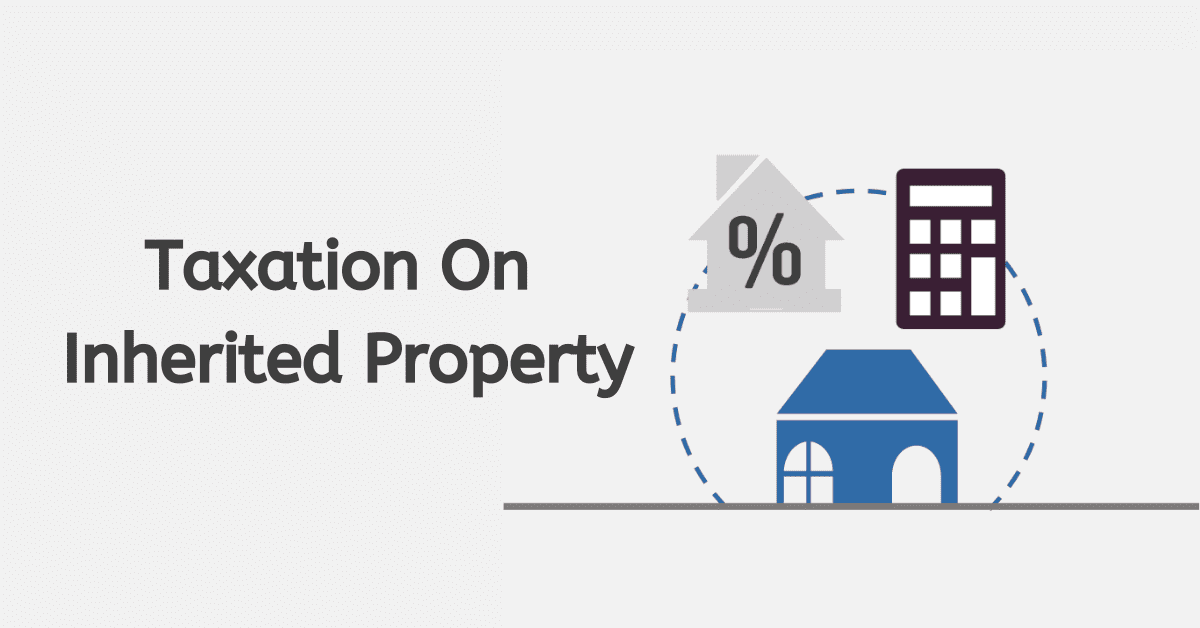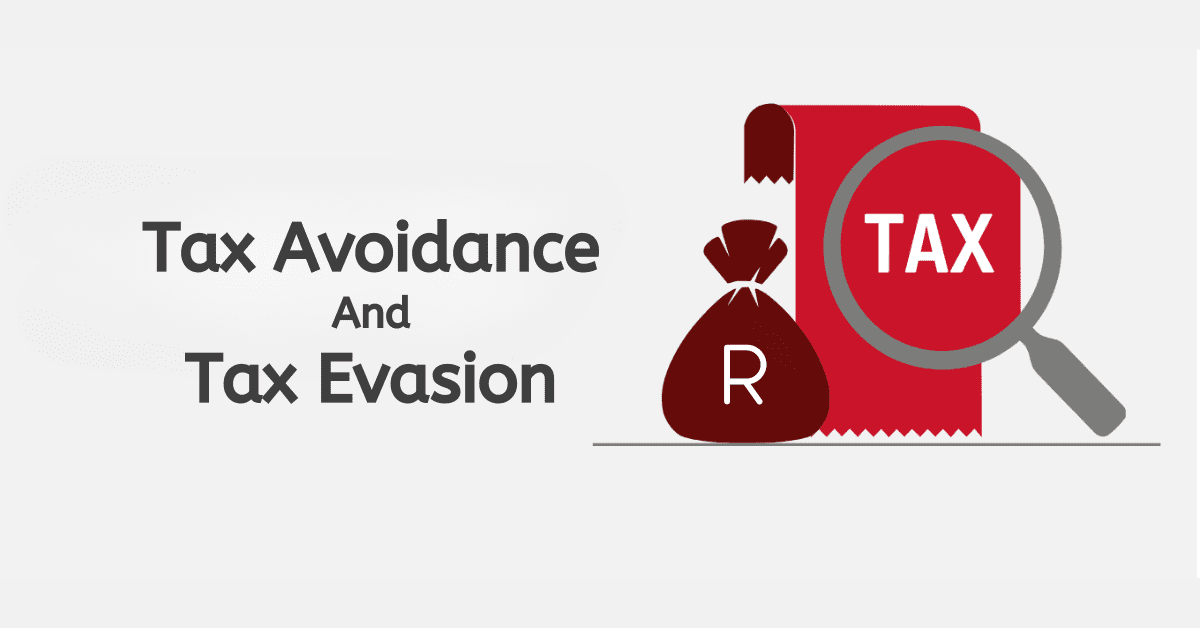In South Africa, bonuses are a common component of many employment contracts, serving as a financial incentive to motivate employees and reward their contributions. However, with these bonuses come important considerations regarding taxation. Understanding how bonus tax is calculated and what annual bonus provisions are crucial for employers and employees. In this informative guide, we’ll explore the realm of bonus tax in South Africa
Are Bonuses Compulsory in South Africa?
In South Africa, bonuses are not compulsory. Employers possess the flexibility to grant bonuses to their workforce, a decision influenced by diverse factors like corporate policies, industry norms, and individual work agreements. Bonuses, usually extended as rewards for outstanding achievements or as components of comprehensive compensation packages, serve as potent incentives in this regard.
The decision to grant bonuses may vary among companies, and no legal requirements mandate their provision. However, it’s the employers who establish the prerequisites for earning these bonuses, often hinging on accomplishments like achieving performance milestones or attaining specific objectives.
When it comes to the taxation of bonuses in South Africa, it’s crucial to recognize that bonuses are subject to income tax, akin to regular salaries. The South African Revenue Service (SARS) employs a progressive tax framework, implying that the tax amount on a bonus hinges on an individual’s total annual earnings. Bonuses are aggregated with the annual income, and the applicable tax rate hinges on the overall income, varying depending on the individual’s particular tax bracket.
The onus falls upon employers to accurately deduct the requisite tax amount from their employees’ bonuses and transfer it to SARS on their behalf. Both employers and employees must grasp the tax ramifications of bonuses to ensure conformity with South Africa’s tax regulations.
How is Bonus Tax Calculated in South Africa?
In South Africa, the calculation of bonus tax involves factoring it into an individual’s overall taxable income. Bonuses are classified as supplementary earnings and, just like standard salaries, are liable to be taxed. The process for calculating bonus tax involves several steps:
- Boosting Annual Income: Bonuses contribute to an individual’s overall yearly earnings. This encompasses various income sources, such as regular salary, dividends, and other forms of earnings.
- Tax Bracket System: South Africa employs a progressive tax system characterized by distinct tax brackets. The applicable tax rate hinges on one’s total annual income. As income rises, so does the corresponding tax rate.
- Tax Perks and Deductions: Tax incentives and deductions may be applicable, potentially diminishing the ultimate tax liability. These deductions can span a spectrum, including healthcare costs, contributions to retirement funds, and more.
- Employer Duties: Employers shoulder the responsibility of accurately computing and subtracting the appropriate tax amount from an employee’s bonus. Subsequently, this sum is forwarded to the South African Revenue Service (SARS) on behalf of the employee.
- Tax Directives: In some cases, employers may request tax directives from SARS to ensure accurate bonus tax calculations.
- Annual Tax Returns: Employees are required to file annual tax returns, which include declaring any bonuses received during the tax year. This allows SARS to reconcile the tax paid on bonuses.
- Consulting Tax Experts: Due to the complexities of the tax system, many individuals seek advice from tax experts or use tax calculation software to ensure accurate bonus tax calculations.
How Much Does SARS Tax on Bonuses?
SARS applies income tax to bonuses, deeming them an extension of one’s income sources. This taxation process mirrors how regular income is handled within the country. The specific tax amount individuals incur on their bonuses rests on various elements. These include the total bonus figure and the entirety of their annual earnings.
SARS employs a progressive tax system with different tax brackets. The tax rates rise with higher salary levels. Therefore, the more substantial your bonus, the higher the tax rate that may apply.
SARS provides tax tables and guidelines that employers use to calculate and withhold the correct amount of tax from bonuses. Employers are responsible for deducting the applicable tax amount before paying out the bonus to employees. This ensures that individuals are compliant with their tax obligations.
It’s important to note that various deductions and rebates may apply, potentially reducing the final tax liability on bonuses. To take advantage of these deductions, individuals should maintain proper records and claim them during the annual tax filing process.
What is the Provision for Tax on Annual Bonus?
In South Africa, there exists a system known as the “annual bonus tax provision.” This system is crafted to assist employees in effectively handling their tax obligations upon receiving their annual bonuses. The idea behind this provision is that employees have the option to proactively contribute extra taxes on a monthly basis throughout the year. This proactive approach aims to cover the expected tax liability that will arise when the annual bonus is paid out.
Check how the system operates:
- Monthly-Based Provision: On a monthly basis, employees have the choice to designate an additional amount of tax to be withheld from their regular monthly salary. This amount serves as a preemptive measure to cover the expected tax liability linked to their impending annual bonus.
- Calculation: The calculation involves estimating the bonus amount and subtracting any year-to-date (YTD) provision amount, if applicable. This result is then divided by the remaining months in the tax year.
- Payroll Implementation: The provision for tax on the annual bonus is implemented through the payroll system. The additional tax is deducted from the employee’s monthly salary.
- Annual Bonus Payment: When the annual bonus is paid, the tax liability has already been covered through the provisions made throughout the year. Therefore, employees do not face a significant tax deduction when they receive their bonus.
